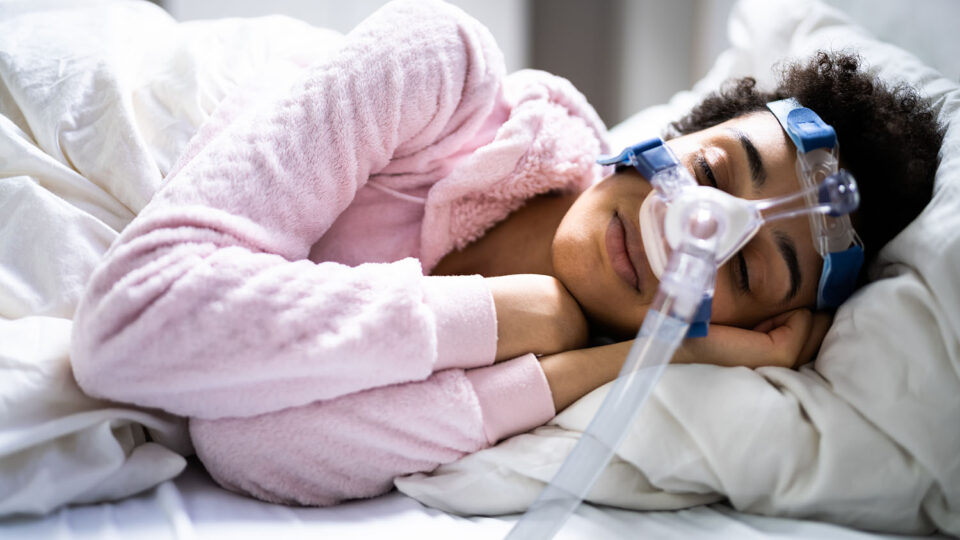Often, breathing regularly stops and starts during sleep, which is known as sleep apnea. You might have sleep apnea in case you snore loudly and still feel exhausted after a full night’s sleep.
Consult your doctor in WPD Dental Group if you suspect that you may have sleep apnea. Visit Koreatown sleep apnea clinic for treatment so that you can feel better and may help you avoid consequences like heart disease.
What is sleep apnea?
During your sleep, you might experience suspended breathing due to sleep apnea. The term “apnea,” originating from the Greek language, which translates to “breathless” in English.”
Whether obstructive or central, this condition interrupts breathing due to airway blockage or the brain’s breathing control dysfunction.
Consequently, a protective mechanism prompts brief awakenings to restore breathing and oxygen supply. That reaction keeps you alive, but it also interferes with your sleep cycle.
That disrupts restful sleep and may have many other negative effects, such as straining your heart, which may also have fatal results.
The following are a few main types of sleep apnea:
- Obstructive sleep apnea
The more prevalent type, Obstructive sleep apnea or OSA, is brought on by relaxed neck muscles that stop air from entering the lungs.
- Central sleep apnea
Central sleep apnea or CSA happens when the brain fails to signal the breathing muscles properly.
- Treatment-emergent central sleep apnea
This condition is also called complicated sleep apnea and occurs when someone with OSA, as determined by a sleep study, transitions to CSA while undergoing treatment for OSA.
How is sleep apnea diagnosed?
A healthcare professional would typically ask questions about your symptoms and medical history to diagnose sleep apnea. They will probably want you to get tested for sleep apnea if they think you have it based on your symptoms and responses.
Treatment
It would be best to incorporate many treatments into your day (or overnight) routine. As long as you continue these therapies, this can eventually lessen or completely eradicate sleep apnea’s negative consequences on your life.
Possible treatments include:
- Adaptive ventilation devices
- Conservative (nonmedical) treatments.
- Medications (central sleep apnea only).
- Nerve stimulators.
- Oral appliances (mouthpieces).
- Positive airway pressure.
- Surgery.
Complications/side effects of the treatment
Various elements, encompassing the medications in question, contribute to the complications and negative outcomes of the therapies. Your healthcare provider is the most suitable individual to consult for guidance on minimizing or, ideally, preventing side effects.

